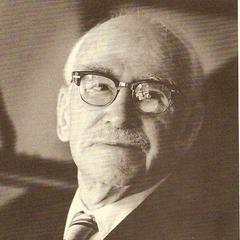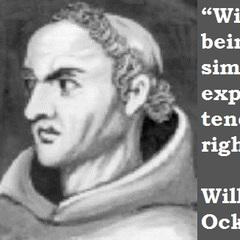David Hume Quotes - Page 4

David Hume (2016). “An Enquiry Concerning Human Understanding: Revision of Great Book”, p.19, VM eBooks
David Hume (1862). “Essays moral, political, and literary. (Life of the author, etc.).”, p.30
David Hume (2015). “A Treatise of Human Nature: Top Philosophy Collections”, p.203, 谷月社
A propensity to hope and joy is real riches; one to fear and sorrow real poverty.
David Hume (1788). “Essays, moral, political, and literary.- v. 2. An inquiry concerning human understanding. A dissertation on the passions. An inquiry concerning the principles of morals. The natural history of religion”, p.152
Human Nature is the only science of man; and yet has been hitherto the most neglected.
David Hume (2015). “A Treatise of Human Nature: Top Philosophy Collections”, p.209, 谷月社
David Hume, Tom L. Beauchamp (2000). “An Enquiry Concerning Human Understanding: A Critical Edition”, p.39, Oxford University Press
David Hume (1874). “A Treatise on Human Nature: Being an Attempt to Introduce the Experimental Method of Reasoning Into Moral Subjects; and Dialogues Concerning Natural Religion”, p.452
David Hume (2016). “Delphi Complete Works of David Hume (Illustrated)”, p.244, Delphi Classics
David Hume (1788). “An inquiry concerning human understanding. A dissertation on the passions. An inquiry concerning the principles of morals. The natural history of religion”, p.90
An Enquiry Concerning Human Understanding "Of Miracles" (1748)
What a peculiar privilege has this little agitation of the brain which we call 'thought'.
David Hume (1854). “The Philosophical Works”, p.438
A Treatise upon Human Nature bk. 2 (1739)
.. the voice of nature and experience seems plainly to oppose the selfish theory.
David Hume (1768). “An enquiry concerning human understanding. A dissertation on the passions. An enquiry concerning the principles of morals. The natural history of religion”, p.296
Rousseau was mad but influential; Hume was sane but had no followers.
"A History of Western Philosophy". Book by Bertrand Russell, Book Three, Part I, Chapter 17. Hume, 1945.
David Hume (1875). “Essays Moral, Political, and Literary”, p.263
David Hume (2013). “Dialogues Concerning Natural Religion”, p.31, Courier Corporation
David Hume, Geoffrey Sayre-McCord “Moral Philosophy”, Hackett Publishing
The great end of all human industry is the attainment of happiness
David Hume (1826). “The philosophical works of David Hume”, p.167






